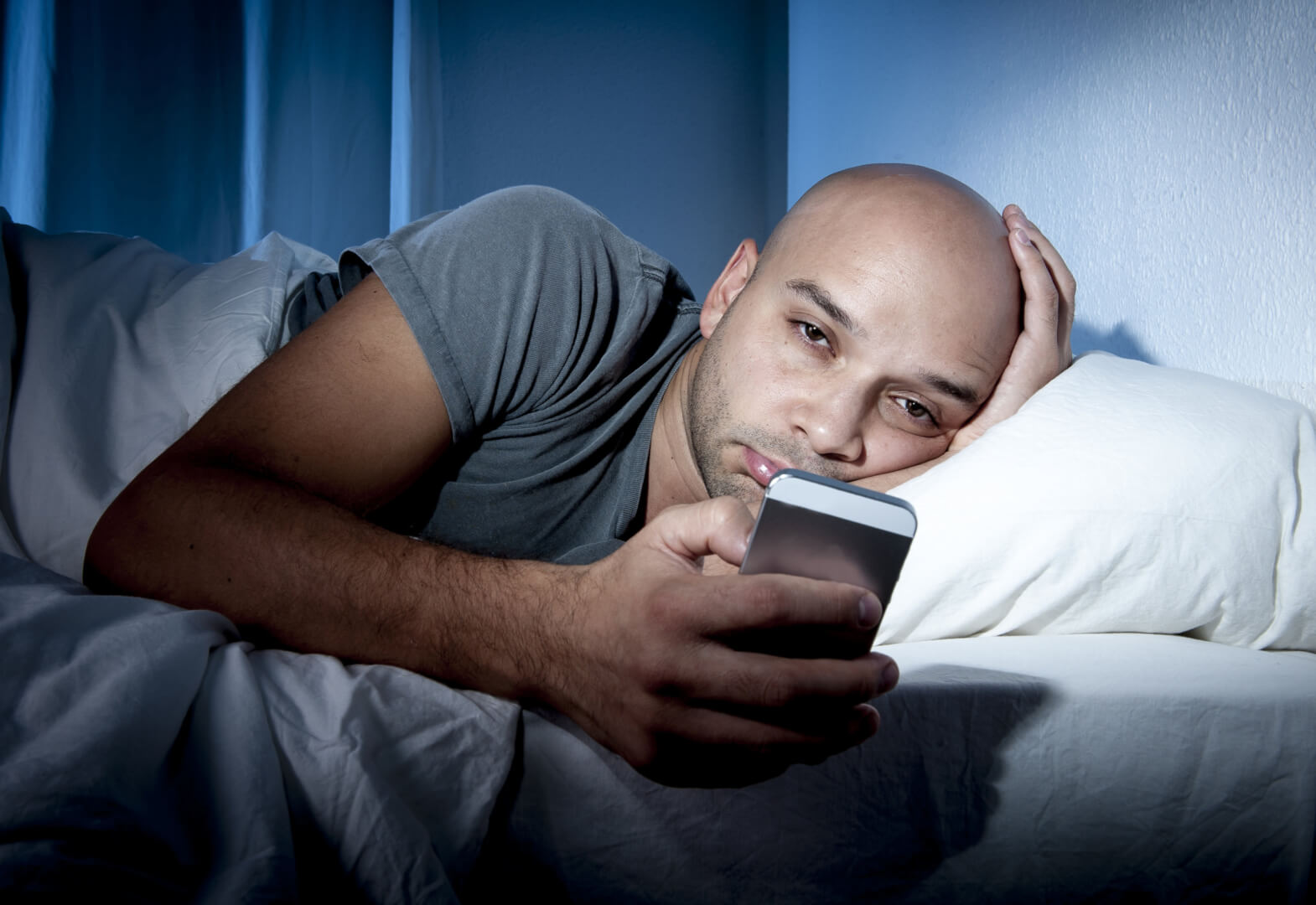How ‘Learned Arousal’ Affects Your Sleep

You know that feeling. You finally get to bed after yawning all day, then proceed to lie awake in bed unable to actually fall asleep. Beyond frustrating! This experience is called psychophysiological insomnia (PI), which can be caused by a variety of lifestyle or health factors. There are medical interventions that you can try to weaken the effects of PI, even though many people have not heard of them.
According to a study published in the Indian Journal of Psychiatry, “Two-thirds of patients with insomnia report a poor understanding of treatment options, and many turn to alcohol (28%) or untested over-the-counter remedies (23%)”. Treatment options include: stimulus control therapy, cognitive behavioral therapy and sleep education.
What is Learned Arousal?
A common reason that people suffer from psychophysiological insomnia is a phenomenon known as: learned arousal. Sleep psychologists recommend limiting the activities that you associate with bedtime because believe it or not, they can directly impact the way your body and brain interprets being in bed.
Simply put, your brain needs to associate your bed with sleep, not other activities. If you are doing many activities in bed like reading, sketching, watching shows, hanging out, your brain patterns the place with wakeful, stimulated activity. Conversely, your brain sleeps better if it does not confuse couches, hammocks, chairs and other non-bed places with sleep.
Best Practices
If you have sleep difficulty, it is so important to respect the delicate balance of the brain and how it prepares to put you to sleep. Preserve your bed for sleep alone. The best practice, called sleep restriction includes getting into bed strictly for the time you wish to sleep that night, and not hanging around after waking up. As the article by D. Smith mentions, if someone is asleep for 6 of the 8 hours that they are in bed, it’s recommended that they restrict their time under the covers to solely the 6 hours. Although this results in less sleep initially, fatigue built up from lost hours may usher in a new sleep schedule under normal circumstances.
Learn to Avoid These
Another common mistake is trying to make up for lost sleep by remaining in bed longer than required. If you find yourself suffering from insomnia, the best thing you can do is try to avoid sleeping elsewhere and keeping the bed a sleep-only zone. The goal is to only be in bed when you are actually sleeping so the brain associates bed with sleep.
Other recommendations are to avoid naps, coffee and alcohol especially close to bedtime. Anyone who feels the call to a nap every now and then should keep in mind that whatever sleep requirement you nap off during the day will correspondingly shorten your night sleep length.
We’re Here When You Need Us!
Zenbev Drink Mix can help you restrict the time in bed with sleep and further assist in associating your bed with sleep. The better you sleep in bed the better your brain associates it with sleep and the spiral of positive sleep improves rather than deteriorates. There are many over the counter sleep aid brands but Zenbev is the healthiest sleep aid available! Put Zenbev to work for you to improve episodes of psychophysiological insomnia and put to rest learned arousal.


